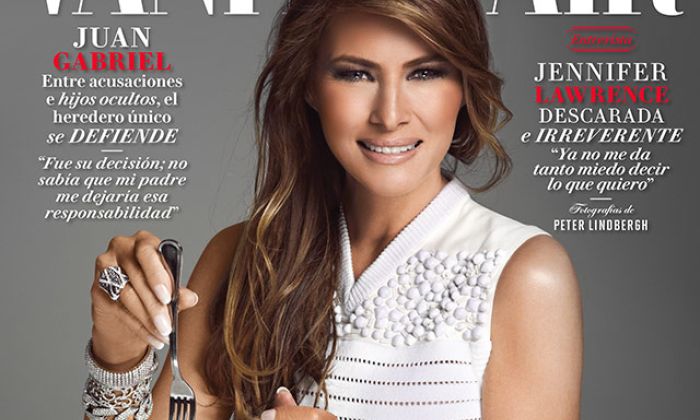Sport is very good at black and white.
We won, you lost is the very heart of the elite sporting contest.
However, sport often struggles with shades of grey — that’s where the ambiguous moral uncertainties lie.
And where sport can get tied in knots is when the moral philosophy stuff intersects with sport’s raison d’etre — the winning and losing bit.
Many sports at the moment are wrestling with the question of whether or not they should allow players to play or fulfil a certain role based on historic “wrongs” or alleged crimes.
This week the Australian cricketer, Steve Smith, let the whole world know that he wanted to captain his country once again.
Smith, of course, sat out of the game for one year for his role in the ball-tampering affair in March 2018 and was banned for two years from holding any captaincy position.
His “crime” was turning a blind eye to the ball-tampering planning that was going on under his nose.
“I don’t want to know about it,” he said later describing his actions.
“That was my failure of leadership.”
Reuters: Rogan Ward
)Now with Tim Paine’s career and hence captaincy seemingly drawing to a close, the Cricket Australia Board need to decide whether Smith has matured enough to be given the responsibility to captain his country again.
The fundamental question the board will have to wrestle with is whether Smith should be forgiven for that historic wrong?
Does he deserve another chance, or is his character permanently tainted by that little bit of mud that’s still sticking from the ball-tampering scandal?
Cricket NSW board considered that question and overlooked Smith in favour of Pat Cummins when it selected a captain for its 50-over team.
That same question is asked repeatedly of the former rugby league and union international, Israel Folau.
Folau had his $5 million Rugby Australia contract ripped up in 2019 for posting on social media that homosexuals would go to hell.
To some Folau’s post warning drunks, homosexuals, adulterers, liars, fornicators, thieves, atheists and idolators that hell awaited them unless they repented, was laughable — if you weren’t guilty of at least four or five of those sins, you weren’t trying.
But others argued words counted and found the post deeply homophobic, coupled with Folau’s previous public opposition to same-sex marriage.
At his best, Israel Folau was one of Australia’s finest athletes, who could single-handedly win you a game.
That’s the currency that speaks loudest to club administrators looking for any edge on the competition.
And so, barely a week goes by without the prospect of Folau getting a contract with this club or that competition.
Most recently it was the Queensland Rugby League, and earlier this year St George Illawarra flew the kite but decided it was all too hard.
AAP: Dan Himbrechts
)So, does Israel Folau deserve a second chance — particularly given he hasn’t made any controversial public statements since 2019?
One senior former rugby league administrator I spoke to recently was adamantly opposed to the idea that the National Rugby League owed Israel Folau anything.
Young men are killing themselves about their sexuality, he told me, noting Folau had never apologised for his posts.
“We’ve done everything for him, but what’s he ever done for us?” he asked.
And yet, the Sydney sports lawyer, Darren Kane, said if any club was serious about signing Folau it would probably succeed.
The NRL could refuse to register Folau, but Kane argued the NRL would likely lose if he took it to the courts.
Kane points out the blurring of lines when it comes to judging a player’s past.
He was charged and convicted of the crime but was allowed to resume playing by the NRL last year and subsequently played for the Panthers in the Grand Final.
This was a player convicted of an actual crime as opposed to a person causing offense — however harmful that offence may have been.
And yet the NRL has drawn widespread praise for bringing in its no-fault stand-down policy that prevents any player charged with a serious crime from playing until their case has been heard and dismissed, or they’ve served their punishment — as was the case with Tyrone May.
The players’ union is vehemently opposed to the rule, arguing a person is innocent until proven guilty.
But the NRL has stuck to its guns, and in doing so has drawn a line of sorts about the moral responsibility of the code and its players, if not for all incidents, at least for some.
Other competitions have taken a different view.
Earlier this year, Australian and South-East Melbourne Phoenix basketballer Mitch Creek, was charged with allegedly assaulting a woman.
He said he intended to contest the charges.
AAP: Hamish Blair
)This week, the National Basketball League announced that Creek was free to continue playing but noted that the decision was not an indication as to his guilt or innocence.
Collingwood AFL footballer Jordan De Goey is facing charges that he indecently assaulted a woman in 2015.
He continues to play.
Unlike the NRL, the AFL hasn’t brought in a blanket no-fault stand-down rule, preferring it says to judge each matter on a case-by-case basis.
These matters used to be easy for sport.
Teams put their best players on the field regardless of their crimes and misdemeanours past or present — “nothing to see here, officer.”
The aim was to win, and that’s all that counted.
Now, each code has to judge a player’s character and weigh up when it is appropriate to let him or her represent them on the field.
It’s not always an easy call.
But whereas before we all may have turned a blind eye, now we’re watching.




